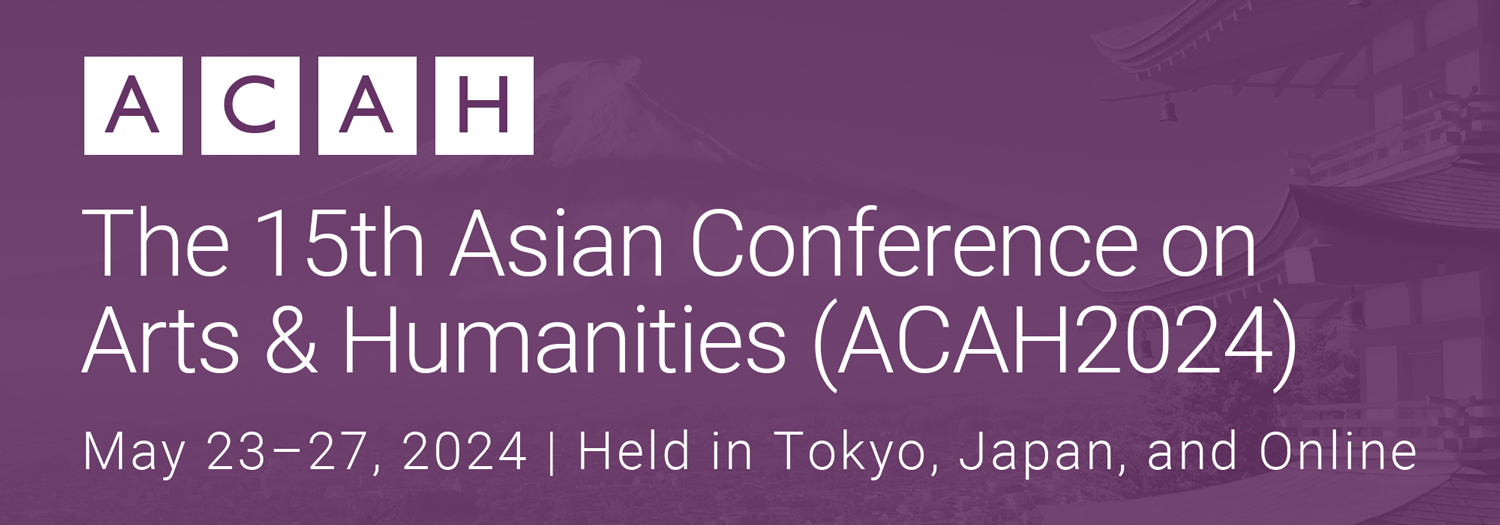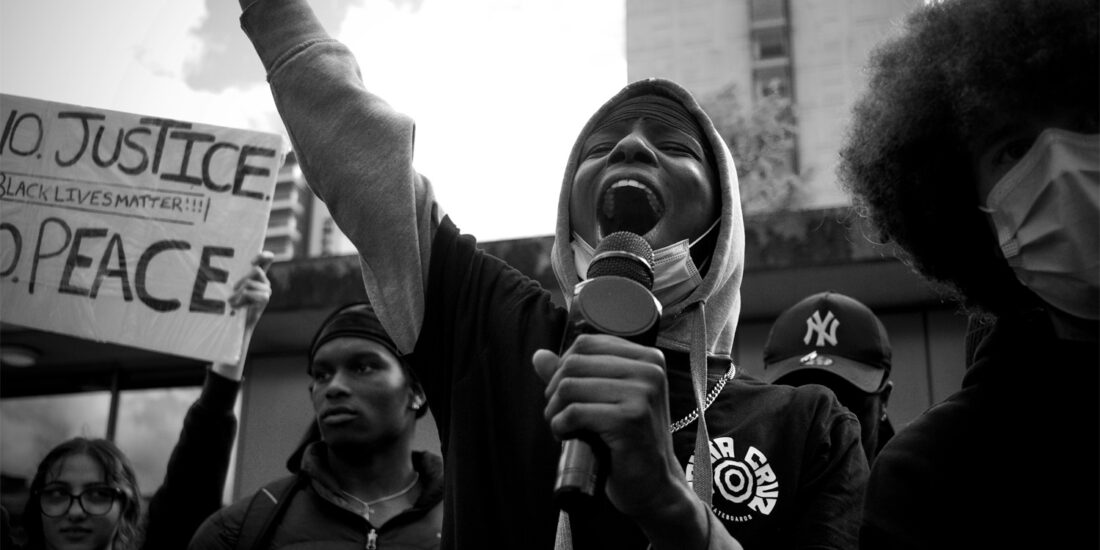In the last five years, the world has bore witness to various forms of conflict based on religious discrimination and/or patriarchal oppression; riots spurned by ethnic conflict and global political upheavals, the recent bio-war (COVID-19), and of course, the physical wars between Ukraine and Russia, the seizing of Afghanistan, and now the Gaza-Israel war; several grassroots farmers’ movements, and natural famines, floods, earthquakes, massive bushfires and landslides have erupted across the globe as a result of ongoing global warming. Is it even possible to reason why conflict has escalated to such a massive scale in such a short amount of time? Or, has this been a pattern across many years–that every eighty to hundred years, the order of the world undergoes a change where conflict erupts as a natural occurrence within the cycle of humanity?
We don’t have answers, we only have questions.
But in the bid to confront these questions head-on, we all look forward to a more peaceful future, hoping more peaceful years replace the years of turmoil. Twenty years ago, scholars had predicted that in 2050–only twenty five years from now–the world would be a more peaceful place (Håvard Hegre, 2012). In 2015, Time magazine sought out answers to questions such as ‘Is World Peace Possible?’. This presentation will delve into the many aforementioned conflicts waging across the globe at present and discuss the possibilities of change from both intercultural and literary perspectives. The presentation will offer an analytical study of the modes of representation used in selected protests or even writings by those living in the conflict zones. The presentation will also engage with the fact that digital spaces offer liminal spaces for dialogue on a global level, as it effectively leads to a blurring of divisive boundaries. Ultimately, the aim of this presentation is to offer reassuring prospects that enable humankind to be more prepared to tackle conflict in an unpredictable future.
Read presenter's biography
